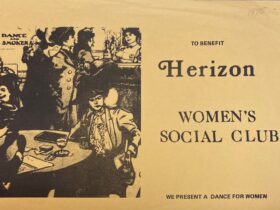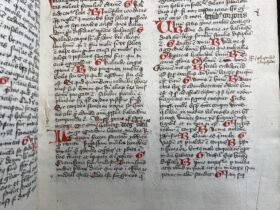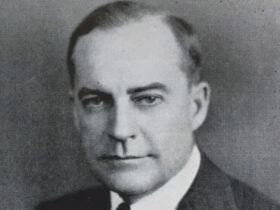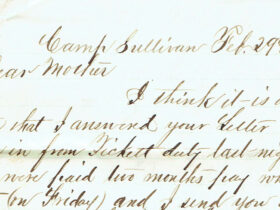Nearly a million documents, including drafts of famous war speeches and cigar bills, have been digitised

Nearly a million documents that make up Winston Churchill’s archive, ranging from school reports, drafts of his famous wartime speeches, to cigar bills, have been made instantly accessible to students, historians, and even politicians looking for lessons from past coalition governments.
The entire archive, based at Churchill College, Cambridge, has been digitised enabling researchers, such as the director of its archive centre, Allen Packwood, “to find a needle in the Churchill haystack”.
The archive includes personal letters, official exchanges with kings, presidents and generals, as well as references to his love of brandy.
They include private comments behind his public speeches and MI5’s concern that gifts of Cuban cigars could contain poison or explosives. His comments on coalition governments and the need for unity in “exceptional times” are also among the papers.
In a reference in 1922 to the coalition led by Lloyd George, Churchill noted: “If you took opinions from newspapers you would suppose the government was torn by the fiercest of divisions”. The coalition fell shortly afterwards.
Also among the documents is a cigar bill from Robert Lewis, which still exists trading under a different name on St James’s Street, London.
The digital archive, which can be accessed remotely, is published by Bloomsbury. The annual subscription for universities and libraries and other institutions starts at £1,120 for a small college rising to several thousand pounds depending on the size of the organisation and nature of the contract, Eela Devani, the Churchill project director at Bloomsbury said.
Packwood described the archives as “the most significant collection of modern papers”. Students and those belonging to any organisation that has paid for the digital archive will be able to access and browse it, or go immediately to a specific item using the search engine, he said.
The website contains links to the Oxford Dictionary of National Biography and Who’s Who, and other reference works.
David Woolner, senior fellow at the Roosevelt Institute in the US said: “There are few figures more important to the history of the 20th century than Winston Churchill. Making his archives accessible to scholars and students of history the world over … will provide new generations with the opportunity to gain a deeper understanding of not only Churchill, but also the tumultuous times in which he lived.”
Jonathan Glasspool, managing director of Bloomsbury Academic described the Churchill Archive as “the closest the UK has to a presidential library”.





